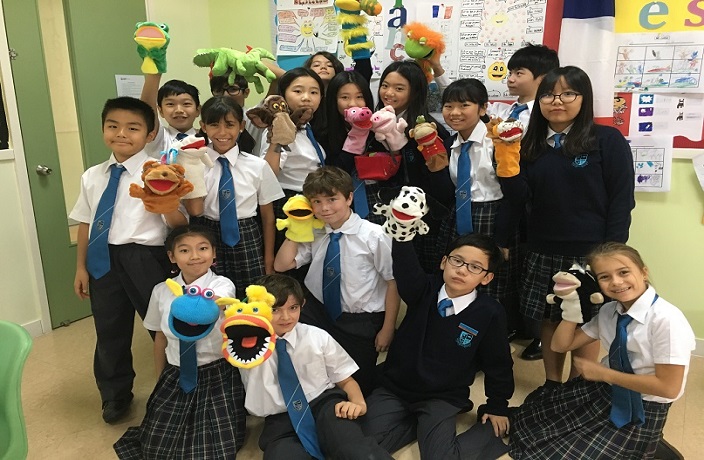As 2018 comes to a close, we sat down with five Shanghai teachers to talk about the year ahead and delve into an element of their college program. They tell us about developments for 2019 and how they encourage all students to embrace the opportunities that will prepare them for the world after graduation.
This week, we talk with Cristina Ortiz Zurita, who is the Director of World Languages at Britannica International School Shanghai.
Tell us about language learning at Britannica. What is the core philosophy behind your program?
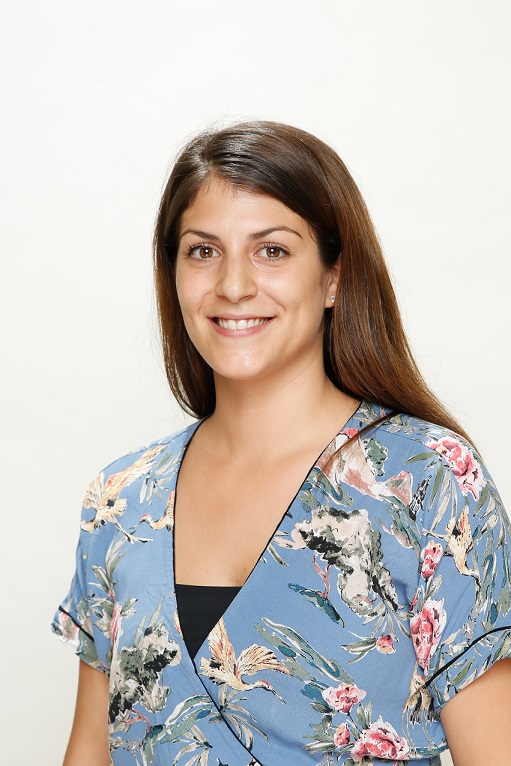 Britannica offers a native language program for all students to support the breadth of spoken languages and foster students' identities with their home nations. Through this established program, we can offer native language lessons in French, Spanish, Italian, Mandarin, Japanese, Korean and Hebrew. Students also have the opportunity to study another language in one of the many second language IGCSE's available. Additionally, we also provide the highest quality programs for English literature, English language and English as an additional language.
Britannica offers a native language program for all students to support the breadth of spoken languages and foster students' identities with their home nations. Through this established program, we can offer native language lessons in French, Spanish, Italian, Mandarin, Japanese, Korean and Hebrew. Students also have the opportunity to study another language in one of the many second language IGCSE's available. Additionally, we also provide the highest quality programs for English literature, English language and English as an additional language.
In what ways will your program evolve in 2019?
Reflecting on feedback I received from a recent CIS accreditation visit, the native language program, and indeed the world languages faculty was highlighted as a particular strength of Britannica. I firmly believe there is always room for improvement, and the program will continue to grow and develop next year. We are currently in the process of analyzing the curriculums used in each of the countries whose language we teach. I intend to align the curriculum taught here at Britannica with that of the students' home nations. International education is such a transient environment, and I believe our students should be prepared to make the transition from education systems as smooth as possible, most notably when
attending overseas universities.
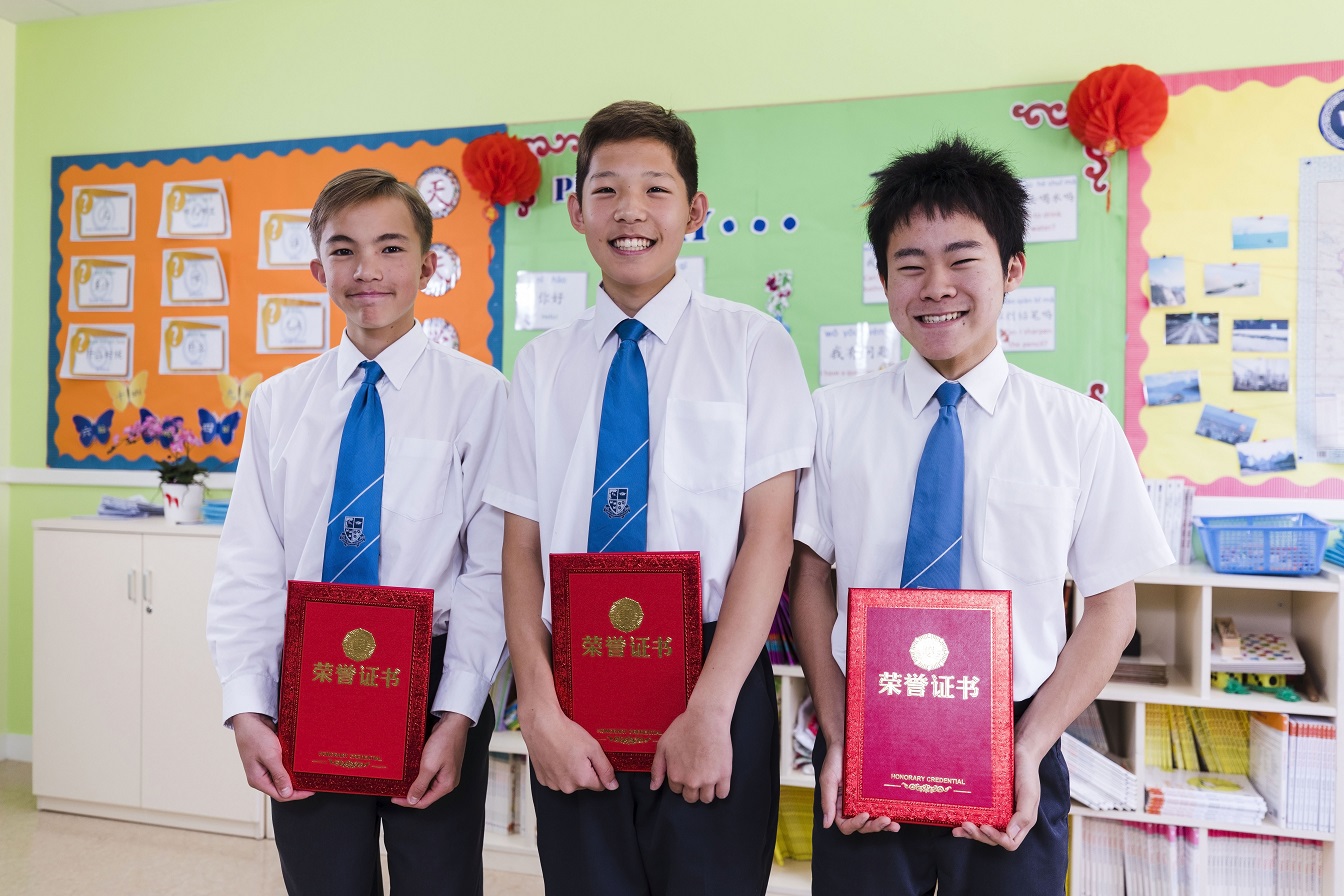
How do you think language studies contribute to the greater scope of childhood development?
Learning and studying languages promotes and builds a whole range of developmental skills for children; most importantly, perhaps, that of developing empathy and understanding of the wider world. The skills involved in learning languages can be utilized in a range of areas, both academically and otherwise. For example, the discipline it takes to develop communication skills across a variety of media. On top of this, the learning of different languages also enhances children's overall communication skills, their confidence and social awareness.
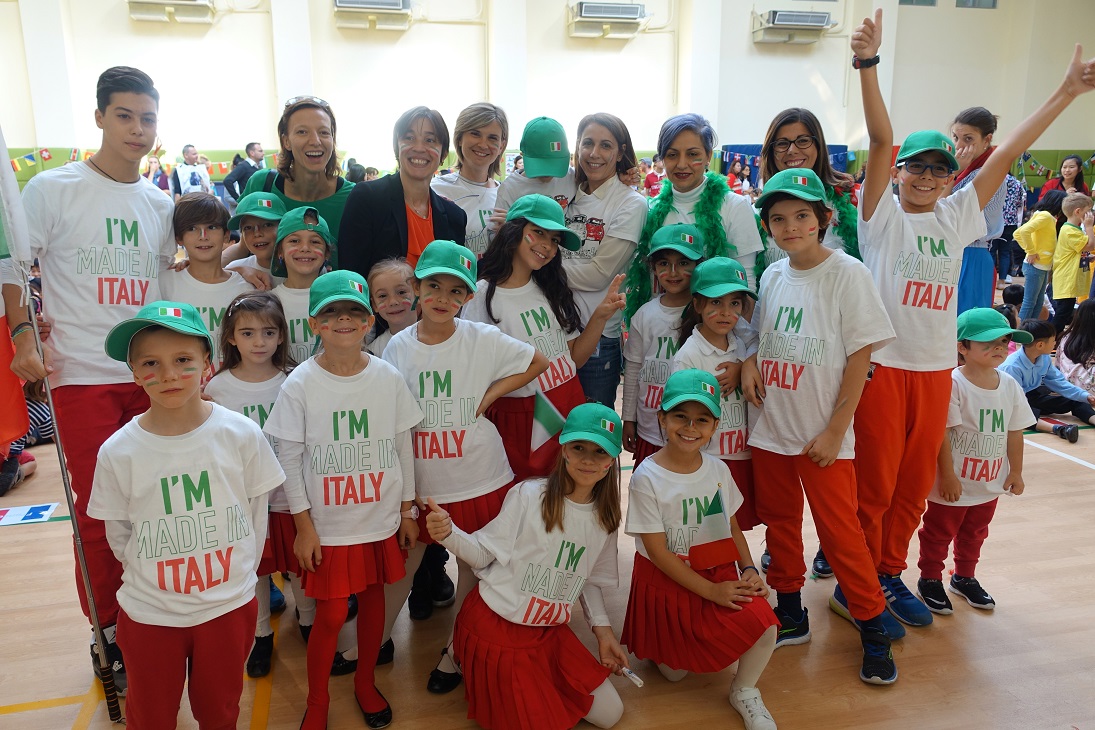
How do you nurture a passion for language learning in children at a young age?
Exposing children to multicultural experiences, linked with the use of communication and language, is paramount in nurturing and developing a passion for learning languages. Children who have such experiences, develop the skills necessary to successfully cultivate their love of learning, through curiosity and exploration in a first-hand context.
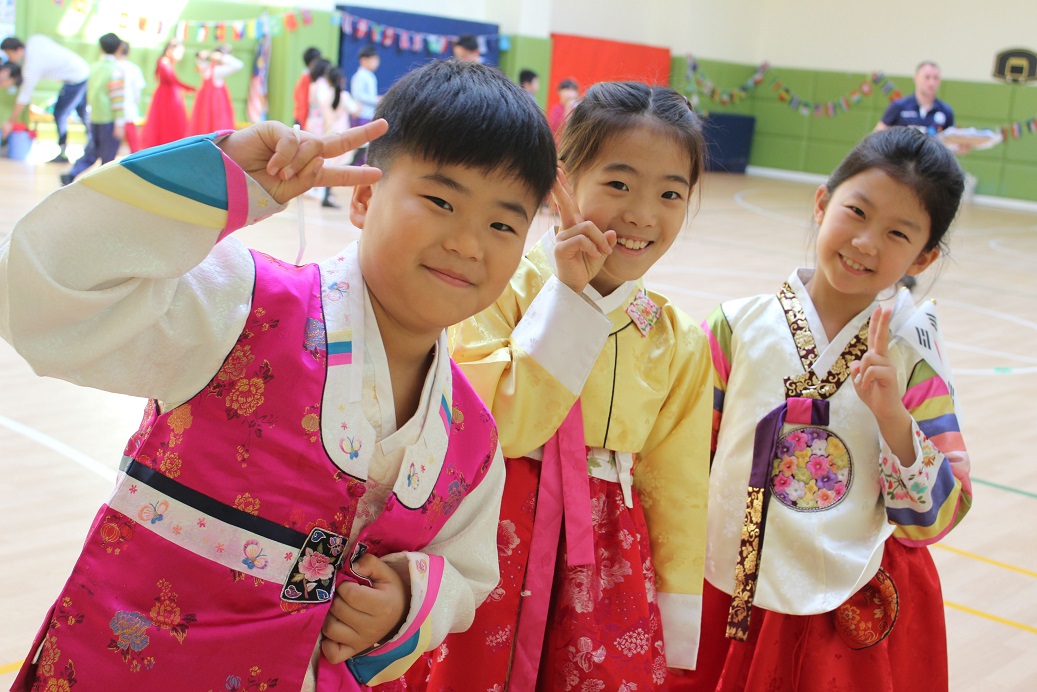
[All images via Britannica International School Shanghai]
Cristina Ortiz Zurita is the Director of World Languages at Britannica International School Shanghai. Cristina holds a Master's Degree in Second Language Teaching and is Spanish by citizenship. She has extensive experience teaching languages in Spain and the UK. Cristina leads the French and Spanish foreign language program and manages the native language program in Hebrew, Italian, French, Japanese, Spanish and Korean.

